The association emphasized that European production chains are at significant risk, particularly due to the implementation of the Carbon Border Adjustment Mechanism (CBAM), the end of the current protection regime for steel imports and its replacement with a new temporary mechanism, as well as the proposed “melted and cast” origin rule for steel products.
Key critical points highlighted by ASSOFERMET include:
-
Regulatory uncertainty: Lack of clarity on future costs of steel imports.
-
Increased financial risks: Insufficient advance planning for imports may create risks jeopardizing 2026 financial statements.
-
Weak domestic demand: Dependence of EU production on non-EU supplies, due to both quality and economic reasons, weakens competitiveness.
-
Competitive pressure: Non-EU steel and aluminum producers are not subject to equivalent measures, putting European companies at a disadvantage in international markets.
-
Aluminum risk: The potential extension of protective measures to the aluminum sector, which has so far been excluded, could further worsen the situation.
ASSOFERMET stated that all these developments could lead to a significant contraction in steel and aluminum imports, with potentially devastating effects on European production already struggling with US tariffs and weak market conditions.
The association sent an official letter to the EU Commission and the Italian government on 29 July 2025, calling for a review of current policies. ASSOFERMET emphasized the need to balance environmental sustainability with competitiveness.


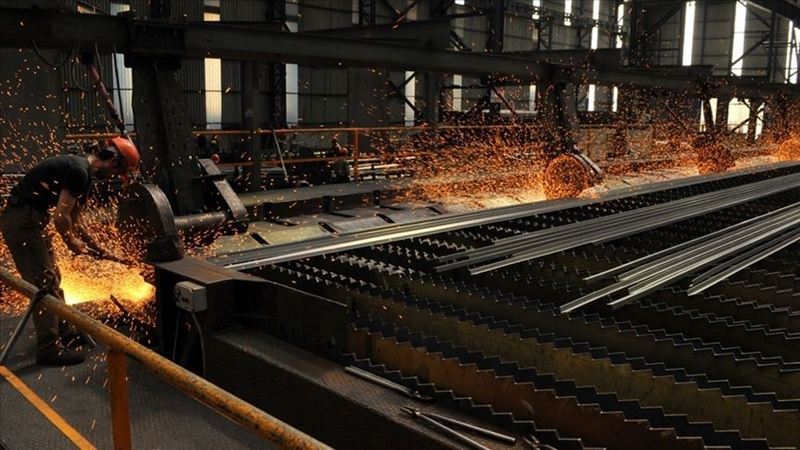

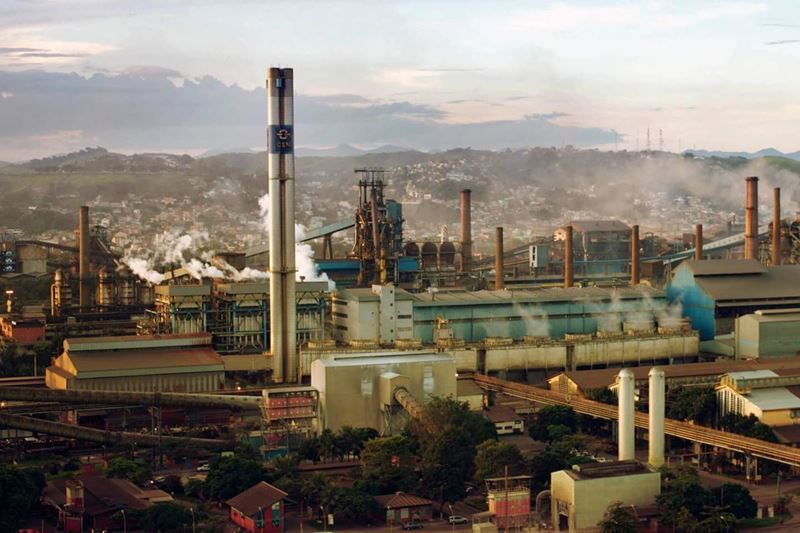
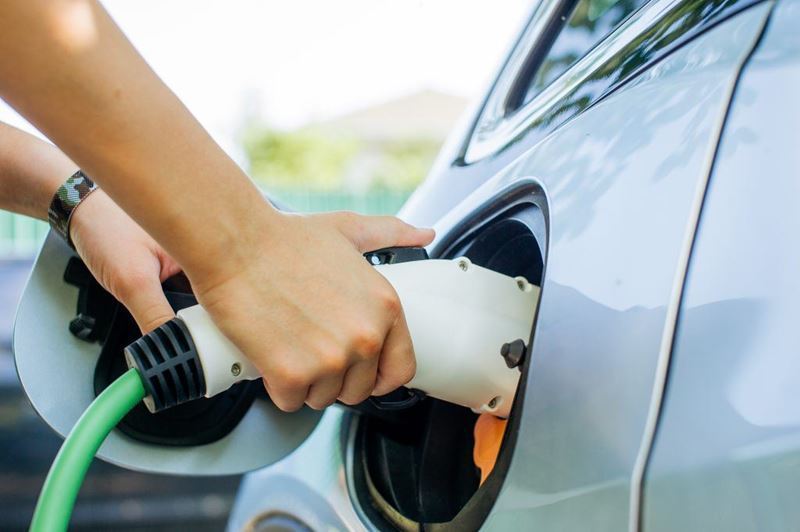
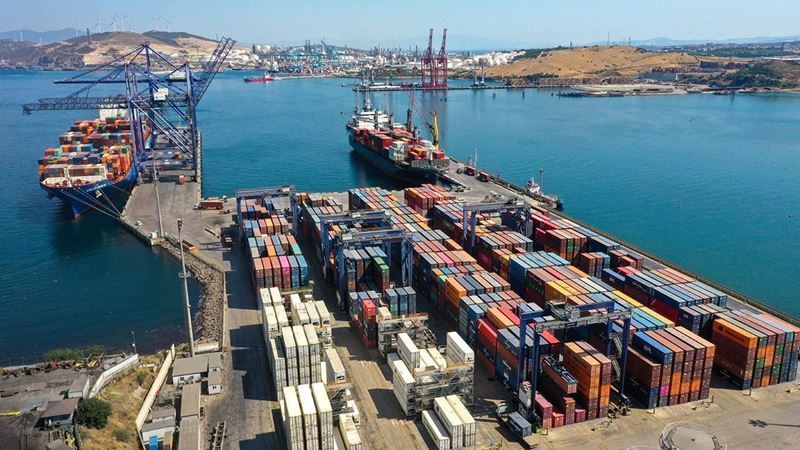
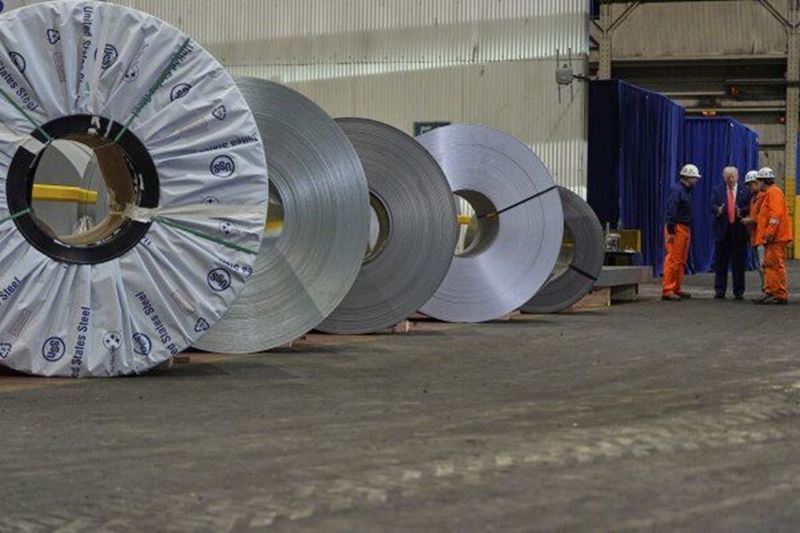


Comments
No comment yet.